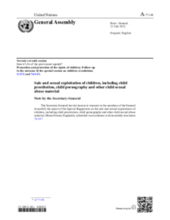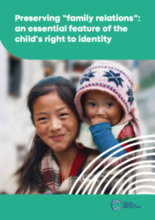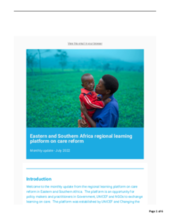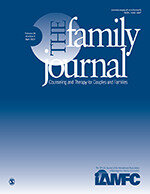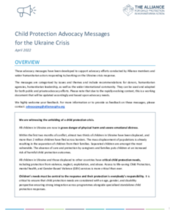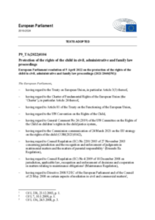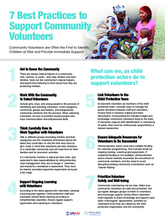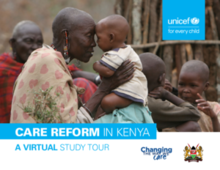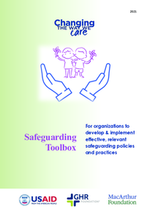Displaying 111 - 120 of 1798
In the present report, the UN Special Rapporteur on the sale and sexual exploitation of children, including child prostitution, child pornography and other child sexual abuse material, describes the activities undertaken in relation to the discharge of her mandate since her previous report to the United Nations General Assembly. She also presents a thematic study on addressing the vulnerabilities of children to sale and sexual exploitation within the framework of the Sustainable Development Goals.
The aim of this publication is to highlight the protective aspects related to the child’s identity rights, with a focus on the family relations element, as embedded in international, regional and national standards. The publication provides direction on how to build identity safeguards, drawing on past lessons and capitalising on current opportunities. To do this, the right to identity is explored through a range of examples of existing challenges, promising practices and testimonies.
This is the monthly update of the Eastern and Southern Africa Regional Learning Platform published in June 2022.
This study investigates how experiences and practices of transnational care arrangements are negotiated from the perspective of the nonparental carers. It specifically aims to understand its dynamics and patterns in shaping care relationships, normative familial values and the hope to reconstitute the family amidst migration-induced care.
These advocacy messages have been developed to support advocacy efforts conducted by Alliance members and wider humanitarian actors responding to and working on the Ukraine crisis response. The global subgroup on Children's Care and Ukraine, which is co-led by the Alliance's Unaccompanied and Separated Children Task Force (UASC) and the Global Collaborative Platform on Transforming Children's Care, developed the messaging for the UASC section.
The European Parliament adopted this resolution on the "Protection of the Rights of the Child in Civil, Administrative and Family Law Proceedings" on April 5, 2022.
A poster for Child Protection teams to emphasize the evidence based practices of engaging volunteers that were documented in the research.
This Changing the Way We Care virtual study tour aims to provide an overview of care reform in Kenya from the comfort of your own home. Care reform relates to the care of children. It refers to efforts to improve the legal and policy frameworks, structures, services, supports and resources that determine and deliver alternative care, prevent family separation and support families to care for children well.
This toolbox can be used by organizations working with and for vulnerable children and adults, particularly those at risk of separation or living in alternative care. It can support those in the organization who are responsible for:
• Developing and implementing safeguarding policy and procedures
• Assessing safeguarding risk
• Safeguarding in program development and implementation
The purpose of the risk assessment is primarily to enable your organization to gather a snapshot of safeguarding needs and measures related to the activities being or to be undertaken by your organization.

